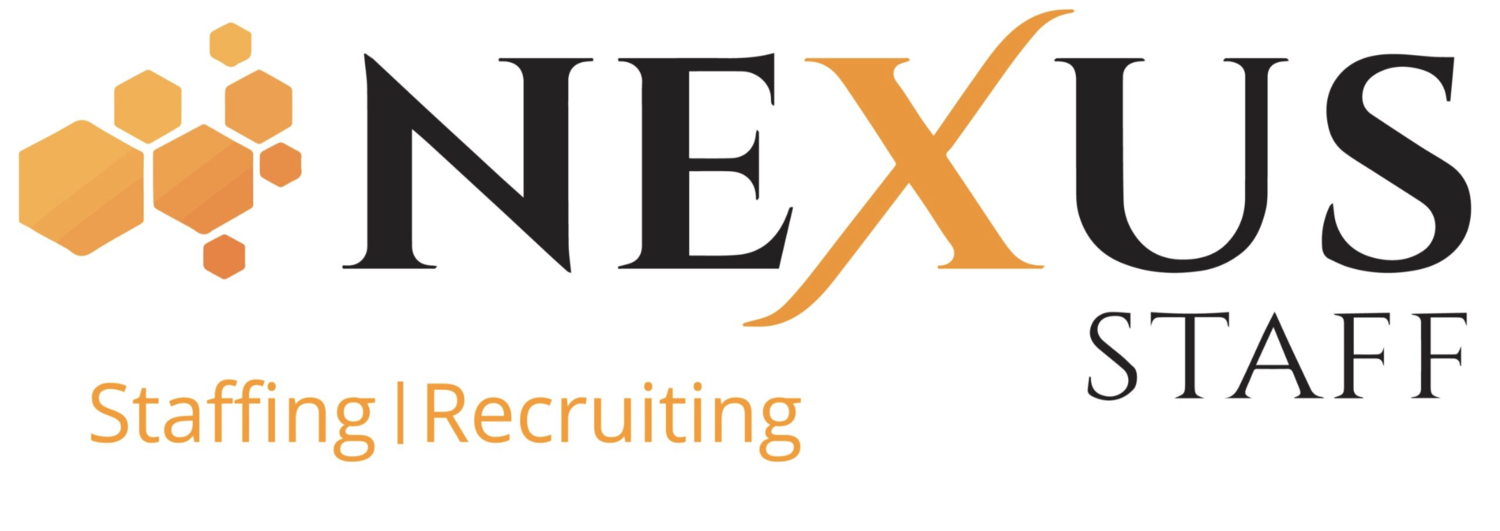What To Do If Your Phone Interviewer Is Late Or Doesn’t Call
Phone calls with a recruiter or hiring manager can range from a quick phone screen scheduled to give you more information about a job you showed interest in or a more in-depth phone interview which will determine if you will continue into the next round of interviews. In both of these scenarios, speaking with a recruiter or hiring manager over the phone is the employer’s opportunity to learn more about you and how you would culturally fit into the organization before getting into the nitty gritty of an official in-person or virtual interview.
Prior to your phone call, you’ll need to set up a meeting time that works for you and the interviewer and ensure they have the correct contact information. But what happens when all of these logistics have been met and your interviewer has still yet to call, or worse – never calls at all? In this situation, it can be easy to panic or write it off as a lost opportunity. However, the truth is, there are many reasons an interviewer may have missed your meeting and there are steps you can take to get in touch. You may have read your schedule wrong, the interviewer’s previous call may have run over schedule, or you could have missed a request to reschedule. Whatever the reason, remain calm and follow these five steps:
Be patient
If an interviewer does not call exactly at your scheduled time, don’t panic. Of course it’s not ideal, but there could be many reasons an interviewer did not call when they were supposed to. Give your interview a little bit of leeway and wait at least 15-20 minutes before trying to reach out or reschedule your call. While you wait, keep your phone close by and on high volume so you’ll be able to hear it. In the meantime, continue with the remaining steps.
Check the meeting details
Again, while you’re waiting for your interviewer to call, you’ll want to stay close to your phone in the event that the interviewer does end up calling. However, it doesn’t mean you need to idly sit there. During your wait, be sure to check the details of your call. Look over emails or messages between you and the interviewer – are the date and time correct? Are you both in the same time zone? Have you supplied the right phone number for the interviewer to reach you? Checking these details will help rule out any misunderstandings and determine whether or not you should still be anticipating their call.
Check for any missed calls or emails
Double check your email, missed calls, and voicemail for any last minute cancellations or requests to reschedule, including in your spam mail. In the event that the interviewer did try to reach you but you missed it, you’ll need to know the details in order to reschedule, start preparing for when they do call, or call them back if asked.
Send a follow-up email
Once you have waited for at least 15-20 minutes for the interviewer to call and have still not received any communication, it’s time to send a follow-up email. Be sure to remain professional and do not accuse the interviewer of forgetting about your meeting or ask for details on what happened. Instead, explain the situation – when you were previously scheduled to meet, what your availability looks like for the rest of the day, or what other times and dates work if needed. Also include your contact information so that the interviewer will be able to contact you when the time comes.
Remain positive and continue your job search
In the event that a scheduled phone interview falls through and you do not receive any further communication from the interviewer, don’t give up hope. Although being “ghosted” by an employer is not ideal, it does not mean you should take the situation personally. Instead, focus on your next steps and continue your job search with a new point of view. The organization you are meant to be a part of will surely come along eventually. If you’re not sure where to look next, contact Nexus today for a personalized hiring experience. Our team of experienced recruitment experts is ready to help you find even more opportunities that perfectly align with your skills.







